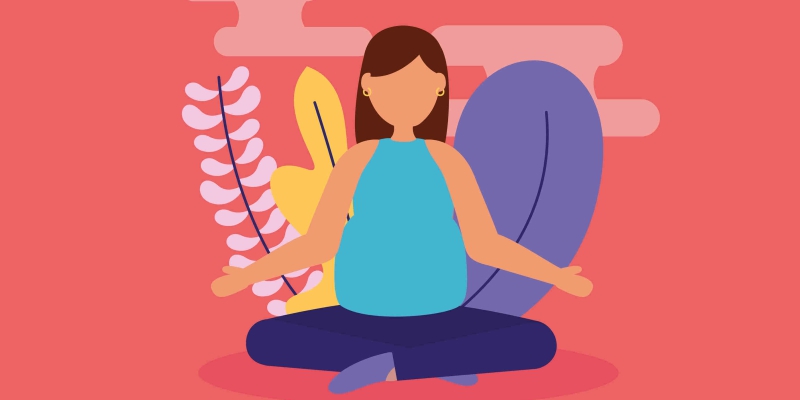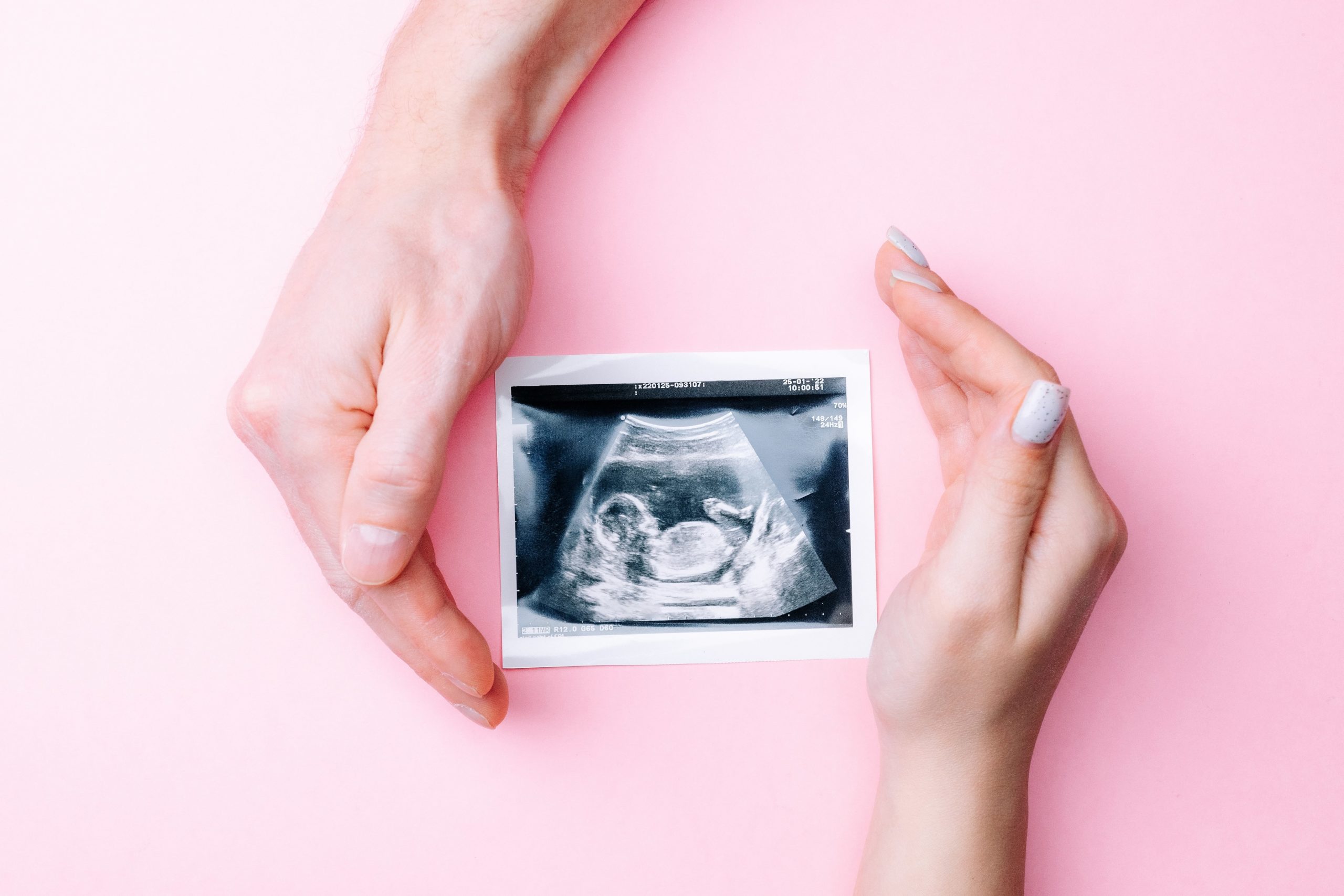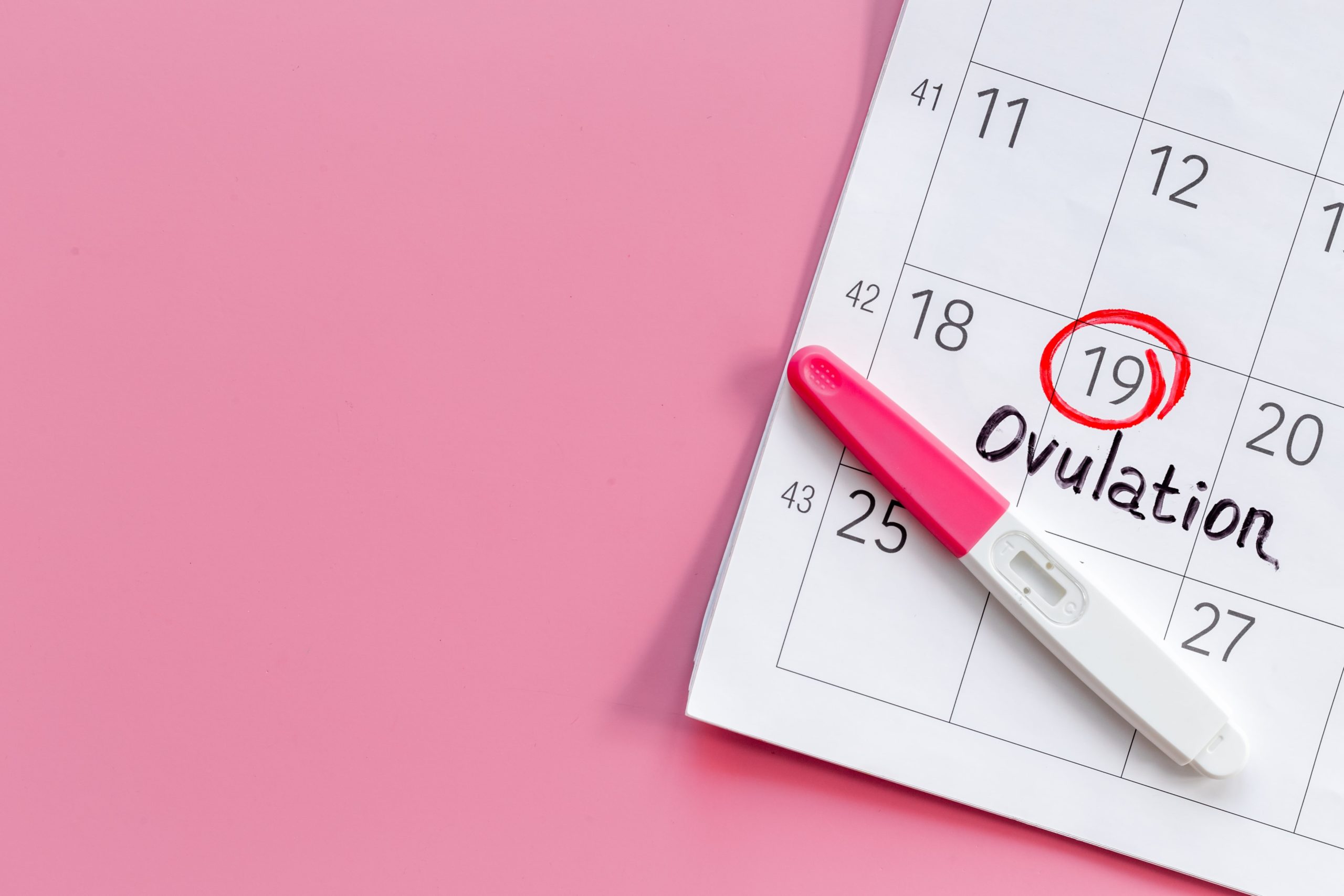Author: Dr. Kiran Yadav
MBBS, DGO, DNB Fellowship in laparoscopy Obstetrics and Gynaecology
Senior Consultant - Obstetrician & Gynaecology
The Ultimate Guide to Postpartum Depression - Symptoms, Diagnosis, Treatment, and Support:
In India Postpartum depression, a significant mental health concern, affects numerous new mothers globally and is particularly pressing in India. Despite its growing recognition, PPD remains shrouded in silence and stigma, especially in Indian society where mental health issues are often overlooked. According to Dr. Kiran Yadav, MBBS, DGO, DNB Fellowship in laparoscopy Obstetrics and Gynaecology, Senior Consultant - Obstetrician & Gynaecology, This condition, manifesting after childbirth, encompasses a range of emotional and psychological challenges that can deeply impact a mother’s well-being. The prevalence of PPD in India, a country marked by its rich cultural diversity and strong familial structures, calls for a nuanced understanding and approach to this condition. It’s essential to highlight that postpartum depression in India (PPD India) is not merely a medical concern but also a social issue, requiring holistic attention and sensitivity.
The Significance of Awareness and Support
Creating awareness about postpartum depression is crucial, particularly in the context of new mothers in India. Often, the symptoms of PPD are misunderstood or dismissed as general fatigue or moodiness associated with motherhood. This lack of awareness not only hinders timely intervention but also adds to the emotional burden of the mothers. Emphasizing the importance of support systems, be it familial, social, or medical, is vital in the journey towards recovery. Motherhood hospitals in India play a pivotal role in this context, offering not just medical care but also psychological support and guidance. Bridging the gap between suffering in silence and seeking help, these hospitals and their support systems stand as beacons of hope for many new mothers grappling with PPD in India.
Understanding Postpartum Depression
Defining Postpartum Depression and Differentiating from ‘Baby Blues’ .
Postpartum depression is a complex mental health condition that emerges after childbirth, characterized by persistent feelings of sadness, anxiety, and fatigue. Unlike the common ‘baby blues’ that affect many new mothers and typically resolve within a couple of weeks, PPD is a more severe condition that requires medical attention. In the Indian context, where emotional well-being is often relegated to the background, distinguishing PPD from the normal stress and fatigue of new motherhood becomes crucial. Understanding the nature and severity of PPD symptoms is the first step towards effective management and support for new mothers in India.
PPD in the Indian and Global Context Globally, PPD is a recognized mental health issue, but its prevalence and manifestation in India present unique challenges. The cultural dynamics and societal expectations in India can exacerbate the stress and isolation felt by new mothers, potentially intensifying the symptoms of PPD. In a society where the role of a mother is idealized, women often find themselves under immense pressure to conform to these ideals, which can contribute to the development of PPD. The acknowledgement and understanding of PPD within the Indian context are crucial in formulating appropriate and culturally sensitive interventions. This recognition is especially important given the high societal expectations and mental health stigma that new mothers in India often face.
Symptoms and Identification of PPD in India
Common Symptoms of Postpartum Depression Postpartum depression manifests through a range of symptoms that can significantly affect a mother’s mental and emotional state. These symptoms often include deep sadness, a sense of hopelessness, severe mood swings, and an overwhelming feeling of exhaustion that goes beyond typical fatigue. In addition, mothers with PPD might experience difficulty bonding with their baby, changes in eating and sleeping patterns, and a lack of interest in activities they once enjoyed. These symptoms are not just fleeting moments of discomfort but persistent feelings that last for weeks or longer, profoundly impacting the mother’s quality of life and ability to care for herself and her newborn.
PPD Symptoms in the Indian Cultural Context
In the Indian context, the symptoms of PPD can be more challenging to identify and address due to cultural nuances and societal expectations placed on new mothers. The pressure to immediately adapt to motherhood and the stigma surrounding mental health can lead to underreporting of PPD symptoms. Indian mothers may also experience unique stressors such as the societal pressure for son preference, which can exacerbate feelings of inadequacy and guilt, particularly if the newborn is a girl. These cultural factors, combined with the lack of awareness about PPD, mean that many Indian mothers suffer in silence, unaware that their experiences align with the symptoms of postpartum depression. Recognizing these culturally specific manifestations is critical in providing appropriate support and treatment for PPD in India.
Causes and Risk Factors of PPD Biological and Hormonal Influences
The onset of postpartum depression is often linked to the significant hormonal changes that occur after childbirth. The rapid drop in hormones like estrogen and progesterone, along with changes in other hormones, can trigger mood swings and depression. Additionally, the physical exhaustion from childbirth and lack of sleep can contribute to the development of PPD. It’s crucial to understand that these biological factors are universal and not specific to any one culture or country, including India. This biological perspective helps in destigmatizing the condition, emphasizing that PPD is not a result of personal failure but a medical condition that requires attention and care.
Socio-Cultural Factors Specific to India
In India, several socio-cultural factors play a significant role in the development and intensity of postpartum depression. Cultural practices, societal expectations, and family dynamics significantly influence a mother’s emotional well-being. For example, the prevalence of joint family systems can lead to increased pressure and expectations, while also providing a support network. However, this support can sometimes be a double-edged sword, as it may come with its own set of demands and expectations. Additionally, factors like domestic violence, son preference, and the stigma associated with mental health issues in Indian society can significantly contribute to the risk of developing PPD. Understanding these socio-cultural dynamics is essential in addressing postpartum depression effectively in the Indian context.
Medical Treatments Available in India
In India, the treatment for postpartum depression includes a combination of medication and therapy, similar to global standards. Antidepressants are prescribed to balance the chemicals in the brain that affect mood and emotions. However, it’s crucial for healthcare providers to consider factors like breastfeeding when prescribing medication to new mothers. In addition to pharmacological treatments, therapy plays a vital role. Cognitive-behavioral therapy (CBT) and interpersonal therapy (IPT) have shown effectiveness in treating PPD. These therapies help mothers deal with their emotions, develop coping strategies, and improve their relationship dynamics, which can be particularly beneficial in the context of the family-centric Indian society.
Importance of Psychological Counseling and Therapy
Psychological counseling and therapy are essential components of treating PPD in India, where mental health is often stigmatized. Counseling provides a safe space for mothers to express their feelings and thoughts without judgment. This support is crucial in a society where discussing mental health can be challenging. Therapy sessions can also educate family members about PPD, helping them understand the mother’s experience and how they can provide support. Such inclusive approaches are significant in Indian society, where family plays a central role in an individual’s life. Therapists can also address cultural and societal pressures that may contribute to the mother’s mental health, making therapy a crucial aspect of PPD treatment in India.
Family and Societal Support
In India, the family is often the primary support system for new mothers. Family members can play a significant role in identifying the signs of PPD and encouraging the mother to seek help. Support from the spouse, parents, and in-laws can greatly influence the mother’s recovery journey. Societal support, including understanding and empathy from friends, neighbors, and the community, can also contribute significantly to a mother’s well-being. In a country where communal ties are strong, building awareness and sensitivity towards PPD in the wider community can be a powerful tool in supporting mothers.
Role of Healthcare Providers and Community Resources
Healthcare providers in India, including gynecologists, pediatricians, and mental health professionals, play a critical role in diagnosing and treating PPD. Routine screening for PPD during postnatal visits can help in early identification and intervention. Motherhood hospitals in India are increasingly recognizing the importance of addressing mental health post-childbirth and are equipped to offer the necessary medical and psychological support. Community resources, such as support groups for new mothers, play a vital role in providing a shared space for mothers to discuss their experiences and feelings. These groups, often facilitated by mental health professionals, can offer invaluable peer support and practical advice for managing PPD in the Indian context.
Dealing with Stigma and Societal Pressures
In India, the stigma associated with mental health issues, including postpartum depression, poses a significant challenge for new mothers. This stigma can prevent women from seeking help and acknowledging their struggles, leading to prolonged suffering. Societal pressures, such as expectations of immediate bonding with the baby, being a perfect mother, and handling household responsibilities, can exacerbate feelings of inadequacy and guilt in mothers experiencing PPD. Addressing these stigmas and pressures is crucial. Public awareness campaigns, education, and open conversations about mental health can help change perceptions and encourage mothers to seek the help they need without fear of judgment.
Balancing Traditional Practices with Modern Medical Advice
In the Indian context, traditional postpartum practices and rituals are common, some of which may impact the mental health of new mothers. While these practices are rooted in cultural beliefs and can provide comfort and support, some may also contribute to feelings of isolation or stress. Balancing these traditional practices with modern medical advice is key. Healthcare providers should be culturally sensitive and work with families to find a balance that respects cultural practices while prioritizing the mental health and well-being of the mother. Educating families about the importance of mental health care and the benefits of combining cultural practices with medical advice can aid in creating a supportive environment for new mothers.
List of Resources Available for PPD in India
India offers a variety of resources for mothers experiencing postpartum depression, including mental health clinics, online platforms, and helplines specifically catering to PPD. Many motherhood hospitals across India provide counseling services and support groups for new mothers. Additionally, national mental health programs and NGOs offer support and guidance, making it easier for mothers to access the help they need. Compiling a list of these resources, including contact information and services offered, can be a valuable addition to the article, providing mothers with a starting point for seeking help.
Information on Support Groups and Access
Support groups play a vital role in managing PPD, offering a platform for mothers to share their experiences and feelings with others who understand their struggles. In India, these groups are available both offline and online, providing accessible options for mothers across different regions. Information about how to access these support groups, what to expect from them, and how they can be beneficial should be detailed. This information can empower mothers to take that crucial step towards seeking support and building a community that understands and empathizes with their journey.
In conclusion, understanding, recognizing, and effectively managing postpartum depression is crucial for the well-being of new mothers, especially in the Indian context. By summarizing the key points covered in the article, such as the importance of recognizing symptoms, the role of medical and familial support, and the available resources, we can reinforce the message that PPD is a significant but manageable condition. Encouraging mothers to seek help and assuring them that they are not alone in their journey can make a substantial difference in their recovery process.
Postpartum depression is a medical condition that deserves attention and care, and that help is available, can provide comfort and encouragement to those struggling. Highlighting the strength and resilience of mothers and the importance of their mental health can inspire both individuals and communities to take proactive steps towards addressing PPD in a supportive, empathetic manner.
Dr. Kiran Yadav will respond to your query as soon as possible. For emergencies please call and reach Motherhood Hospital, Gurgaon.
At Motherhood Hospitals, we have a team of experienced supers specialists backed by the latest infrastructure and facilities. We have the best gynaecologist in Gurgaon . We are experts in handling complex deliveries, gynecological, and other surgeries including a range of laparoscopic surgeries.
Do make an appointment with the best woman care hospital in Gurgaon at a center closest to you. Please meet with our doctors who will carry out the required investigations, diagnose the issue, and recommend the most appropriate treatment, enabling you to lead an active life.
If you wish to get in touch with Dr. Kiran Yadav, please book your appointment here



















No comment yet, add your voice below!